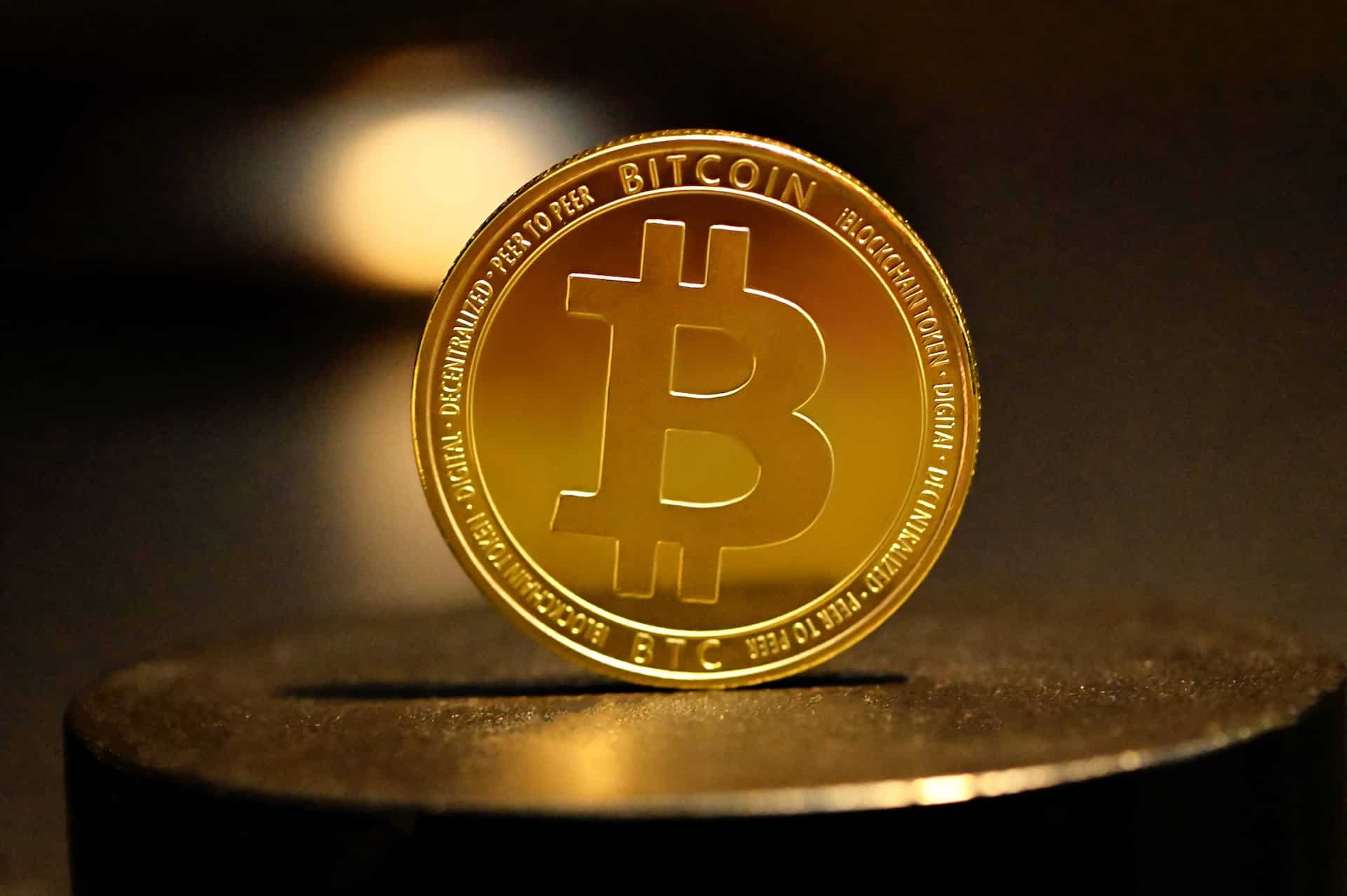In the digital age, Bitcoin has emerged as more than just a cryptocurrency. It represents a paradigm shift, redefining our notions of privacy and power dynamics. As it becomes increasingly prevalent, understanding its implications is paramount. For those looking to further understand the dynamics of online trading, platforms like Quantum Astral offer insights into the cryptocurrency market’s functioning.
Privacy in the Bitcoin Network
Bitcoin, often heralded as a beacon of financial freedom, has also been surrounded by discussions of its privacy features. To truly understand privacy in the context of Bitcoin, one must first differentiate between pseudonymity and anonymity.
Bitcoin operates on a principle of pseudonymity. This means that while all transactions are visible on the blockchain and can be viewed by anyone, the identities of the parties involved in the transactions are hidden behind cryptographic addresses. These addresses, strings of numbers and letters, do not directly reveal the identity of the user, but they are not entirely anonymous either. If certain pieces of information or patterns can be linked back to an individual, then the veil of pseudonymity might be lifted.
However, the Bitcoin community and its developers are continually working on enhancing transaction privacy. Over the years, various tools and methods have been developed to increase the privacy of transactions. Coin mixing services, for instance, aim to obfuscate the trail of a Bitcoin transaction by mixing it with others. Similarly, new technological advancements and protocols are being researched to further anonymize transactions.
Addressing the Myths
In the realm of Bitcoin and cryptocurrencies, myths abound, shaped largely by misinformation, speculation, and sometimes fear of the unknown. One of the most persistent myths is the idea that “Bitcoin is Only for Illicit Activities.” This stereotype probably originated from early use-cases where individuals employed Bitcoin in dark web transactions. However, to brand Bitcoin solely as a tool for illegal activities is a gross oversimplification. Today, Bitcoin is used for a myriad of purposes, ranging from international money transfers to investment, and even as a hedge against economic instability.
Another prevalent misconception is that “Bitcoin Consumes Too Much Energy.” Critics often point to the energy-intensive process of Bitcoin mining, likening its energy consumption to that of small countries. While it’s true that Bitcoin mining requires significant computational power and energy, it’s essential to put this into context. Many industries, including the traditional banking sector and gold mining, have large carbon footprints.
Lastly, there’s the myth that “Bitcoin is Not Secure.” This likely stems from high-profile hacks of cryptocurrency exchanges or individual wallets. However, it’s crucial to differentiate between the inherent security of the Bitcoin protocol and the security practices of individuals or third-party platforms. The Bitcoin network, backed by the robustness of blockchain technology and cryptographic principles, remains highly secure.
The Broader Implications for Privacy and Power in the Digital Age
Bitcoin, beyond being a mere digital currency, encapsulates a transformative shift in how we perceive privacy and power structures in the contemporary digital realm. Central to this discussion is the unique way in which Bitcoin reconciles the often conflicting ideals of transparency and privacy. On one hand, every transaction made on the Bitcoin network is visible on the blockchain, providing a transparent and immutable record. This openness helps mitigate fraud and fosters trust among users. On the other hand, these transactions shield the identity of participants, giving them a layer of privacy not always found in conventional financial systems.
Furthermore, Bitcoin’s decentralized nature is a direct challenge to entrenched power dynamics, especially in the financial world. For centuries, centralized financial institutions, from banks to money lenders, have been gatekeepers, dictating the terms of monetary exchange and holding immense sway over global economies. Bitcoin, however, sidesteps these gatekeepers, redistributing power to the individual user. It posits a world where financial agency is returned to the hands of the many rather than the few, suggesting a democratization of financial systems.
Yet, it’s also worth acknowledging that with this empowerment comes responsibility. The decentralized nature of Bitcoin means that there isn’t a central authority to turn to in case of errors or disputes. Users must be educated, vigilant, and proactive in securing their assets.
The rise of Bitcoin is symbolic of a broader digital revolution, one where age-old paradigms of privacy and power are being redefined. As society continues to grapple with these evolving concepts, Bitcoin stands as both a testament to the possibilities of decentralized technology and a prompt for introspection on our digital future.
Conclusion
Bitcoin’s rise transcends its monetary value, reflecting deeper societal shifts in the realms of privacy and power. As we navigate this digital era, it’s vital to grasp these changes, embracing the opportunities and addressing the challenges presented.


